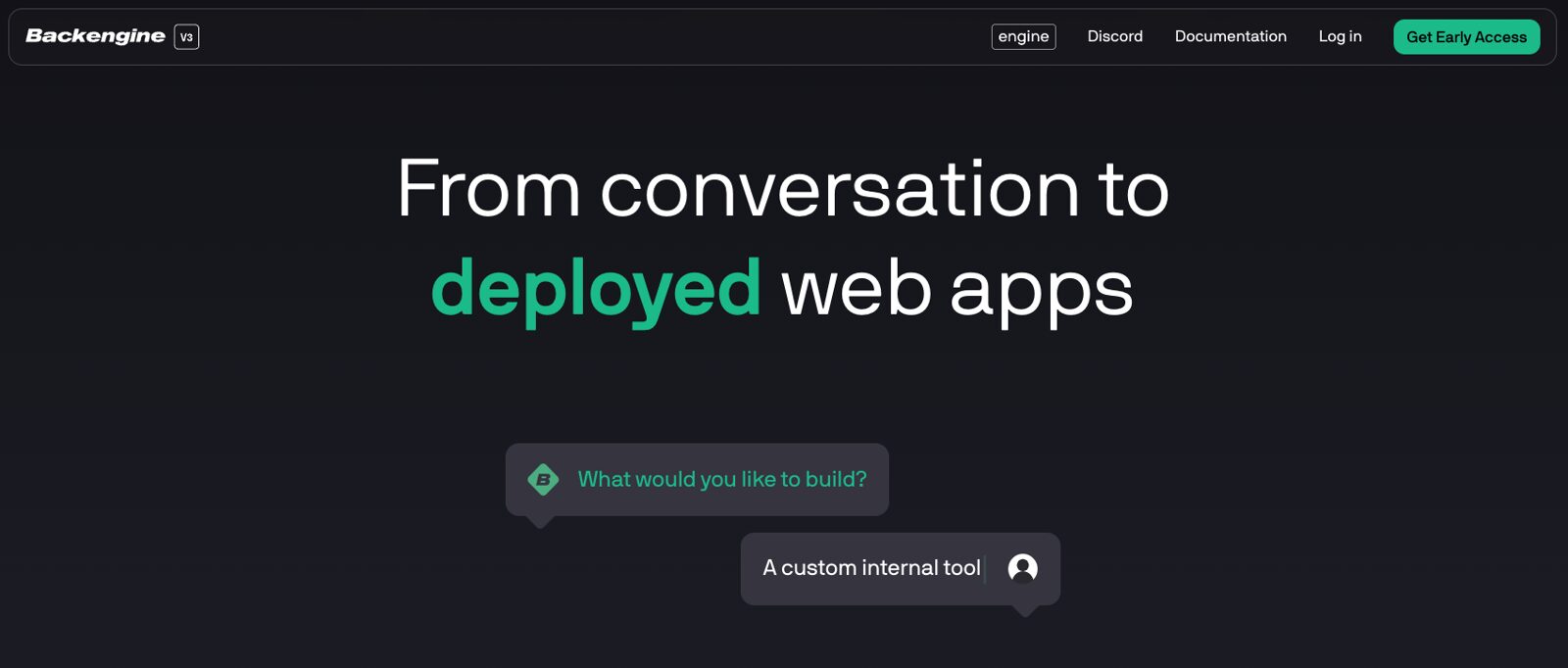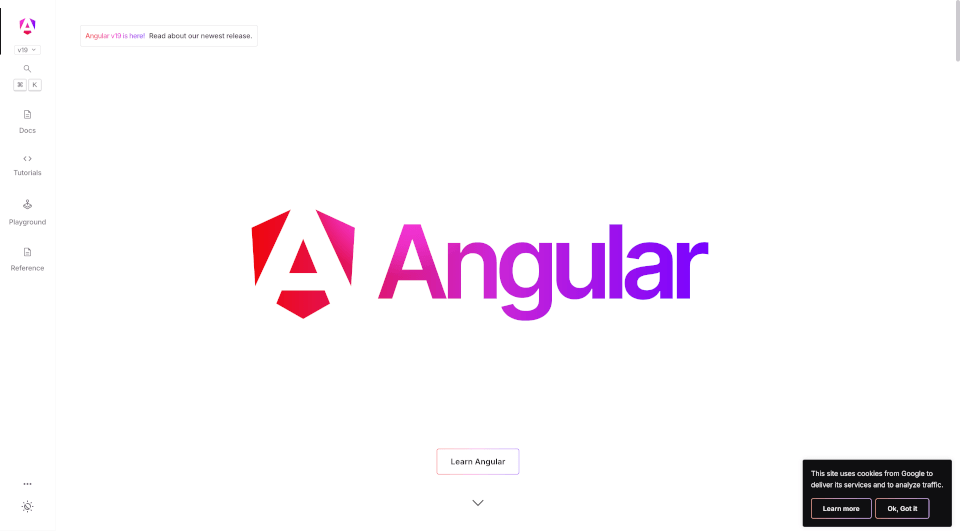“Backengine” typically refers to a software tool or system designed to enhance the functionality of a website or application by providing backend support. In the context of web development, the backend refers to the server-side operations and processes that power the frontend or user interface of a website or application. Backengine tools offer a range of features and capabilities aimed at optimizing backend operations, such as data management, server-side scripting, database integration, and security protocols.
One of the key functions of a Backengine is to manage and process data received from users or external sources. This includes tasks such as data validation, storage, retrieval, and manipulation to ensure seamless functionality and responsiveness of the application. By efficiently handling data management tasks, Backengine contributes to the overall performance and reliability of the website or application.
Additionally, Backengine systems often include server-side scripting capabilities that enable the execution of dynamic code to generate content or perform specific functions in response to user interactions. These scripting languages, such as PHP, Python, or Node.js, allow developers to create dynamic web pages, process form submissions, interact with databases, and implement custom functionalities tailored to the specific requirements of the application.
Integration with databases is another crucial aspect of Backengine functionality. By interfacing with database management systems (DBMS) like MySQL, PostgreSQL, or MongoDB, Backengine facilitates the storage, retrieval, and manipulation of structured data. This allows for efficient data handling, organization, and querying, supporting the seamless operation of web applications that rely on dynamic content or user-generated data.
Furthermore, Backengine systems often incorporate robust security features to protect sensitive data, prevent unauthorized access, and mitigate potential security threats. This includes implementing encryption protocols, access controls, authentication mechanisms, and other security measures to safeguard data integrity and maintain compliance with privacy regulations. Overall, Backengine plays a vital role in enhancing the performance, functionality, and security of modern web applications by providing essential backend support and capabilities.








